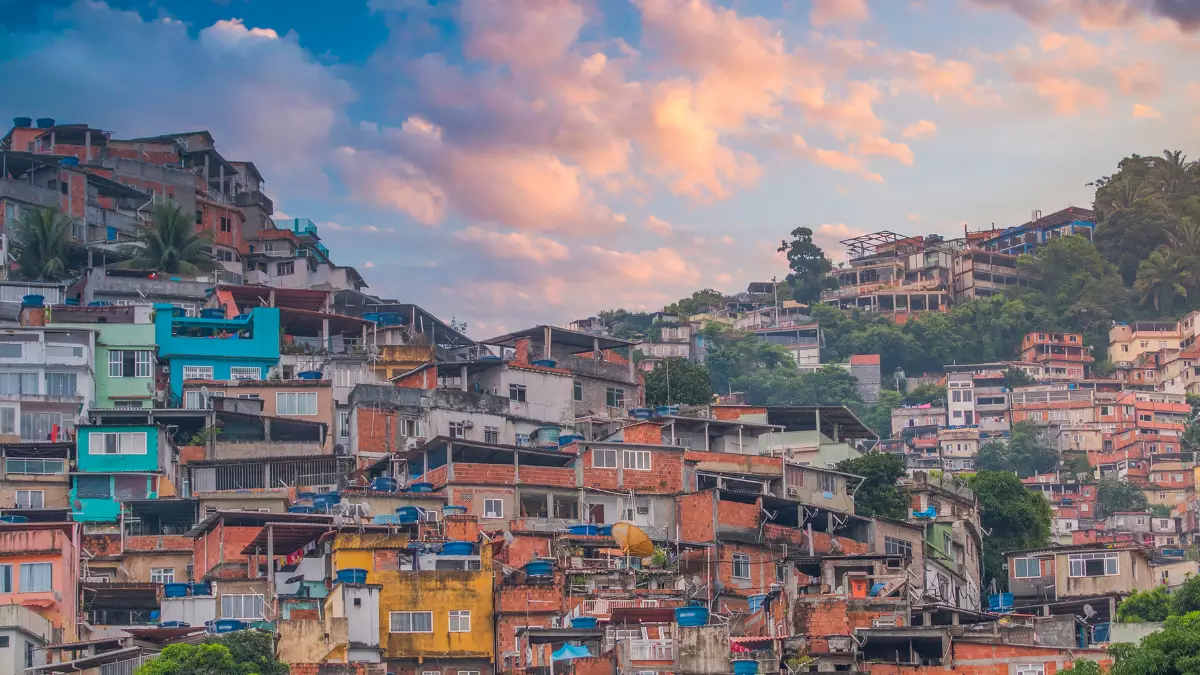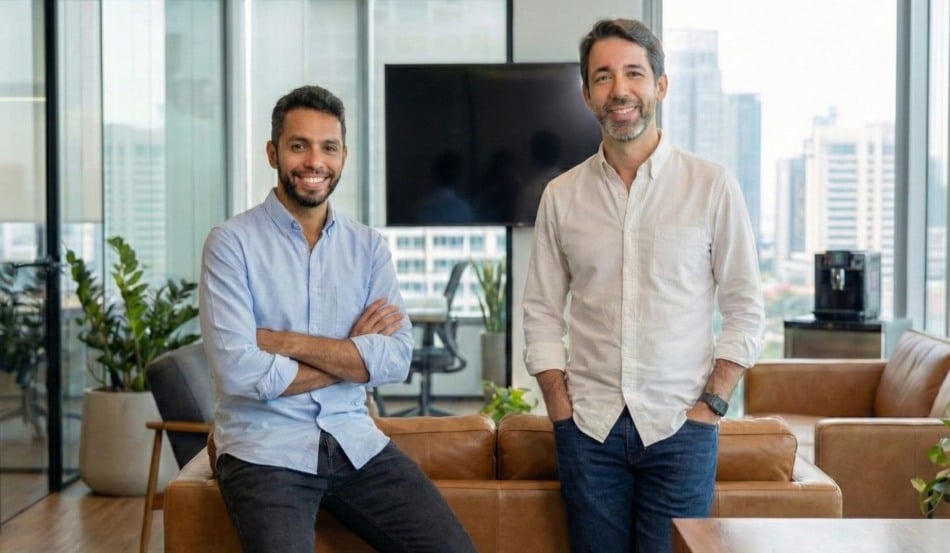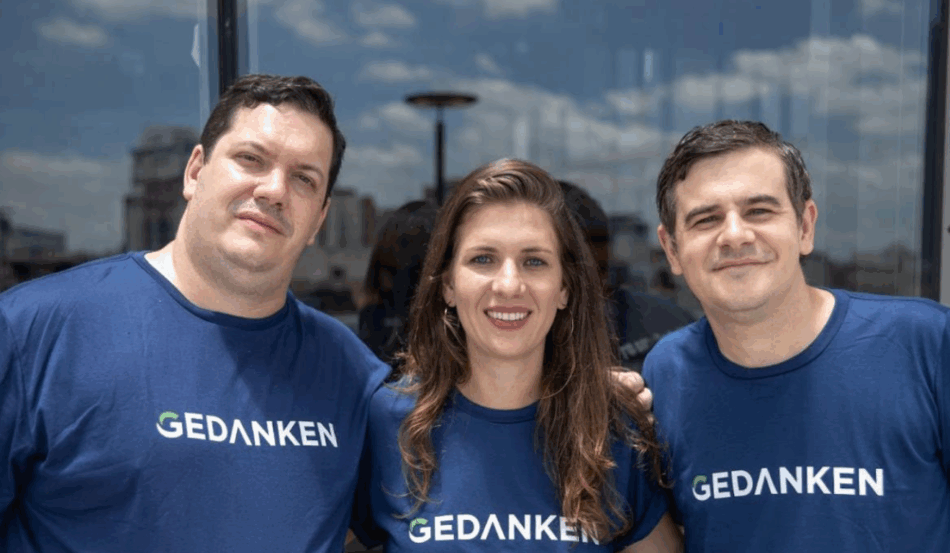
Did you know that entrepreneurship is one of the main driving forces for favelas (slums) in Brazil? Of the 17.1 million people living in 13,000 favelas across the country, at least 6 million have a dream of starting their own business.
Of the 76% of favela residents who currently have their own business, want to do so or operated as such in the past, half consider themselves entrepreneurs. Conversely, 57% of those who have already started their own business, 57% did so due to lack of other income alternatives.
Despite being something normal, leading a business is not easy for those living in these communities, according to a new research by Data Favela, released last weekend in São Paulo at Expo Favela, an event created by social entrepreneur Celso Athayde, founder of non-profit organization Central Única das Favelas (CUFA).
As well as having to live in a precarious situation regarding housing, basic sanitation and security, slum-based populations also face challenges when it comes to entrepreneurship, such as the lack of investment and support.
Attracting capital to develop their own business is the main obstacle cited by 40% of participants of the Data Favela study. Other challenges include the lack of adequate or sufficient equipment, as well as financial management of the business, among other challenges.
Startups from the favela
To turn this situation around and boost entrepreneurship in the favelas, Celso Athayde launched Favelas Fundos in February. The vehicle has an initial target of 50 million Brazilian reais ($10,8 million), and supports a strategy to accelerate the development of technology-based businesses born in favelas. The fund plans to support startups from different areas of activity and maturity levels, with capital and training.
“A lot of people want to invest [in favela businesses] but don’t know how. Our fund is positioned as an interface between funds and opportunities”, Athayde says, arguing that funds need to place people living in these territories as protagonists in the process of technological development.
“We hope that big funds and entrepreneurs understand that there are many interesting businesses in the favela, that there is a structured place for these businesses to be showcased and receive investments, generating more prosperity – both for the favela and for those who invest in it,” Athayde adds. “If you want to change things, generate value, create new opportunities and build a balance between universal relationships, you have to be able to take some risks.”
(translation by Leandro Miguel Souza, editing by Angelica Mari)







